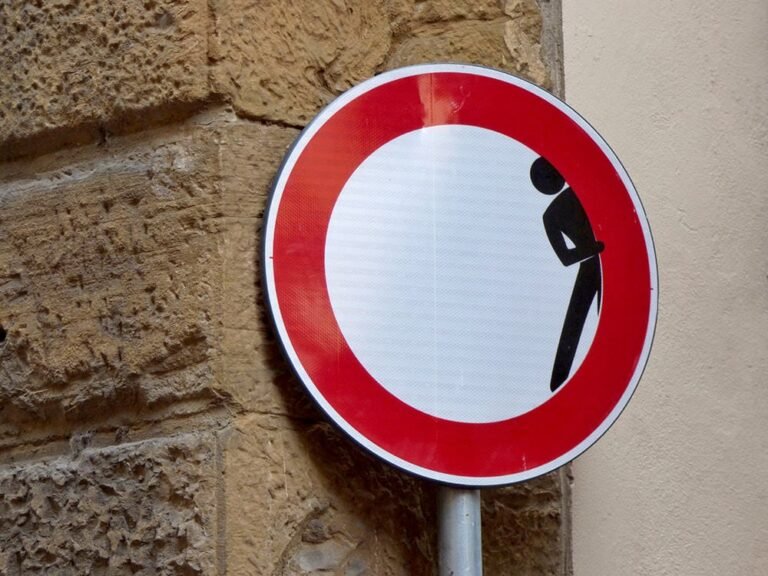ne pas envoyer dire
The French expression “ne pas envoyer dire” (also written as “ne pas l’envoyer dire”), means “to say something to someone, very directly, bluntly, or unceremoniously.” Example of usage

The French expression “ne pas envoyer dire” (also written as “ne pas l’envoyer dire”), means “to say something to someone, very directly, bluntly, or unceremoniously.” Example of usage

The French verb “toucher” has a few different meanings. Not all of them are obvious. It can mean “to touch,” “to hit,” “to affect,” “to be next to,” “to get,” “to receive,” or “to win.” “Le toucher” is also a masculine noun meaning “the touch” or “the sense of touch.” to touch to hit to…

The French word “comme” can function either as an adverb or as a conjunction. Adverb As an adverb, “comme” means “how.” Another word that is used similarly is “que.” Conjunction Comme as a conjunction can mean “as” or “like.” Idiomatic expressions Etymology: The word “comme” comes from the Latin word “quam.” In Old French, it…

Both “humour” and “humeur” are French nouns. But they mean different things. “L’humour” (masculine) means “the humour” or “the comedy.” It corresponds fairly closely to the English word “humour” (or “humor,” in US English). In French culture, especially cultivated and sophisticated French culture, “wit” was seen as more important. The French idea of “wit” is…

The French word “rigolo” can be either an adjective (meaning “funny”) or a noun (meaning “a funny person”). The Adjective “Rigolo”: Masculine and Feminine Forms: The masculine singular adjective “rigolo” becomes “rigolote” in the feminine singular in French. Etymology: The word “rigolo” comes from the verb “rigoler,” which means “to laugh” or “to have a…

The French verbs “se rappeler” and “se souvenir” mean “to remember” or “to recall.” Learn the differences and similarities between the two verbs, as well as how to conjugate them, and their linguistic origins. Meaning and Usage: 1. “Se souvenir de”: 2. “Se rappeler”: Conjugation: Present Tense: Passé Composé: Etymology:

“Pareil” is a French word that can be used either as an adjective, a noun or an adverb. Adjective As an adjective, “pareil” means “similar” or “such.” It must agree in number and gender with the noun it describes, just like any other French adjective. Its feminine form is spelled “pareille.” Noun “Pareil” can also…

The French adjective “maint” means “many,” “many a,” “numerous” or “manifold.” It is a little archaic and is most commonly used in a literary way, although some still use it in everyday speech. People tend to prefer more modern words such as “beaucoup,” “nombreux,” “plusieurs,” or more familiarly, “plein de.” As an adjective, “maint” must…

“Un phoque” is a French masculine noun meaning “a seal,” referring to the marine mammal. Idiomatic expressions Etymology The word “phoque” is derived from the Latin “phoca,” a feminine noun meaning “seal.” Its first surviving recorded usage in French was in 1532, when it was spelled “focque.” By 1573 its spelling had changed to “phoque”…

Regular vs. Irregular Verbs: A Brief Overview In French, as in many other languages, verbs are categorised as either regular or irregular based on their conjugation patterns. Conjugation refers to how a verb changes in form to match different subjects, tenses, and moods. Regular verbs follow predictable patterns, making them relatively easy to conjugate once…